| | | | | | | | | | | Axios Sports | | By Kendall Baker ·Feb 09, 2021 | | 👋 Good morning! Welcome to a special edition of Axios Sports. Today's newsletter is a collaboration with Axios China author Bethany Allen-Ebrahimian. - Situational awareness: Feb. 4 marked the one-year countdown to the start of the 2022 Beijing Olympics, and the geopolitical tensions surrounding the event are beginning to emerge.
- Sign up for Axios China here to receive Bethany's weekly must-read newsletter.
Today's word count: 1,600 words (6 minutes). | | | | | | 1 big thing: New geopolitical fears surround 2022 Beijing Olympics |  | | | Illustration: Aïda Amer/Axios | | | | Global fears of China's authoritarian rise are overshadowing the upcoming 2022 Beijing Winter Games and sparking calls for an Olympic boycott. Why it matters: By openly flouting human rights norms while claiming leadership of the international system, China is cracking the foundation upon which global traditions such as the Olympics are based. - Democratic governments worry that allowing Beijing to host the Olympics without protest would further entrench China's authoritarianism domestically and abroad.
- The U.S. and its partners are also concerned about the rise of China as a rival amid a growing sense of democratic vulnerability, imbuing the 2022 Games with a new undercurrent of geopolitical fear.
Driving the news: A coalition of 180 rights groups have called for a traditional boycott of the 2022 Beijing Olympics, citing human rights abuses against ethnic minorities in China. - But the White House said on Feb. 3 that the Biden administration did not have any plans to boycott or support moving them to another country.
The backdrop: The 2008 Beijing Summer Games were China's first Olympics, and many Chinese people both at home and around the world felt an immense sense of pride and patriotism. That enthusiasm infused the Games with an unforgettable sense of joy and hope. - The entire country mobilized for the occasion, putting on stunning opening ceremonies and sparing no expense in the construction of new facilities.
- Western democracies hoped the Olympics would mark a new era of democratic reform for China. And in the short run, it seemed to work, as China open its doors to the world in the months leading up to the Games, allowing journalists unusually easy access.
Yes, but: Human rights advocates criticized China in 2008, citing its repression in Tibet and its support of Sudan amid the genocide in Darfur. - During the torch relay before the Games began, Pro-Tibet activists organized protests at more than a dozen cities around the world, while the Chinese quietly helped organize counter-protests.
- In a January 2008 column titled "China's Genocide Olympics," NYT's Nicholas Kristof wrote that "in exchange for access to Sudanese oil, Beijing is financing, diplomatically protecting and supplying the arms for the first genocide of the 21st century."
Now China is actually committing a genocide, not just abetting one. In January, the U.S. State Department determined the Chinese Communist Party's ongoing policies of mass internment and forced assimilation of ethnic Uyghurs in Xinjiang amounts to genocide. - But unlike other regimes that have committed genocide in recent decades, including Myanmar and Rwanda, China is the world's second most powerful country and is on track to overtake the U.S. economy within a decade — giving its domestic policies substantial international resonance.
- Beijing's leaders use that heft to cow countries into silence, levying heavy costs on governments and organizations that are determined to protest against China, and manufacturing the appearance of global consent for its policies.
The bottom line: It's harder than ever for an Olympic boycott to gain traction. And even if liberal democracies could organize one, such a response would highlight the fundamental paradox China's global sway is creating: - Either participate on China's terms, or withdraw and create smaller alternatives.
|     | | | | | | 2. Inside the push to boycott the Games | 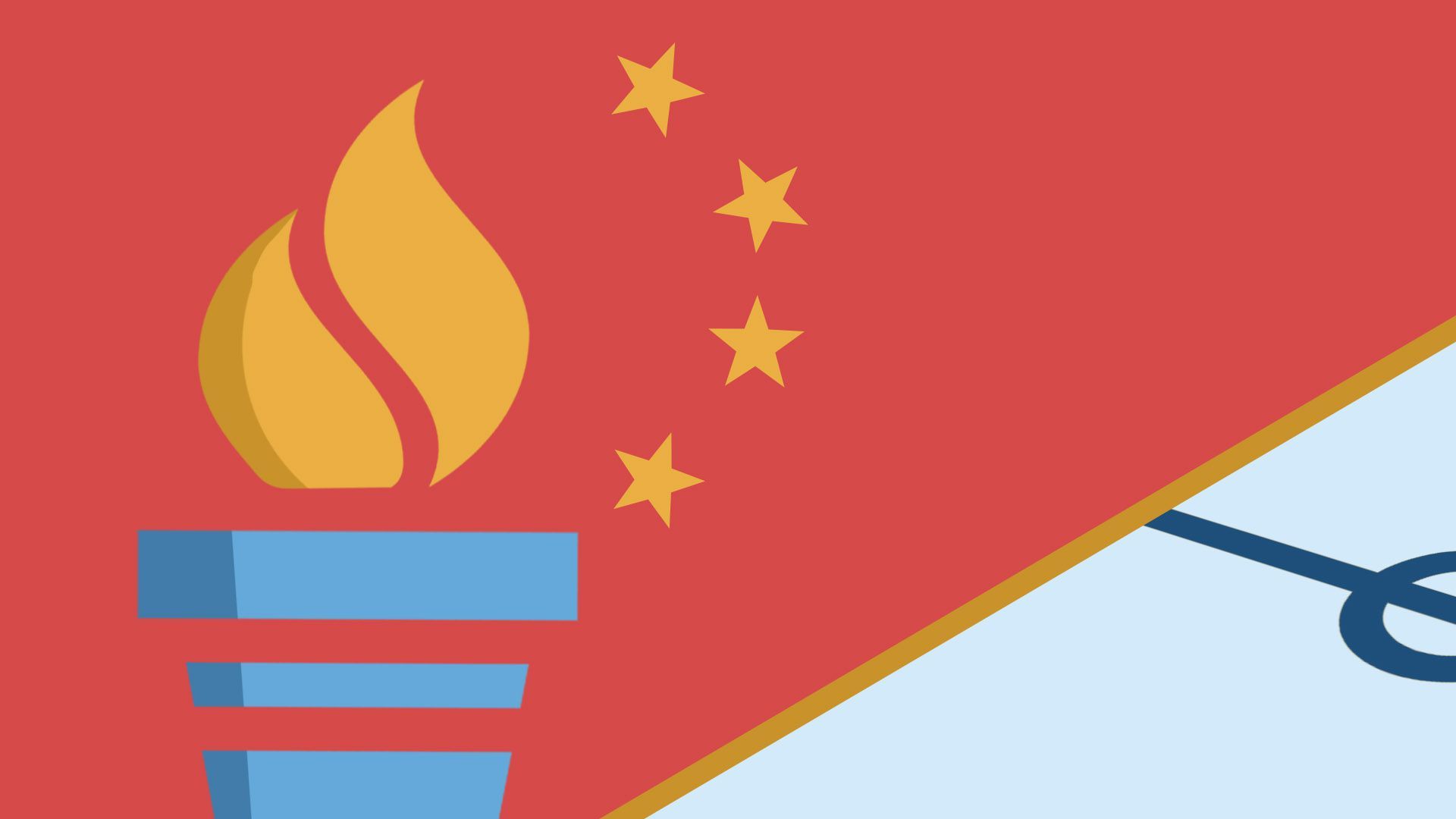 | | | Illustration: Sarah Grillo/Axios | | | | While a full-blown boycott of Beijing 2022 seems unlikely, there are growing calls for a diplomatic boycott — meaning that governments refuse to send a formal delegation of officials to attend the Games. Why it matters: A diplomatic boycott would allow athletes to compete while blunting some of the soft power that hosting an Olympics can bring. What's happening: Some Uyghur and Tibetan advocacy groups are banding together to urge governments to implement a diplomatic boycott of Beijing 2022. - "The International Olympic Committee won't speak to you if you don't want the Games to happen. If you're trying to boycott the Games, broadcasters won't speak to you, athletes won't speak to, sponsors won't speak to you," said Pete Irwin, a program officer at the Uyghur Human Rights Project.
- So as a more realistic alternative, Irwin said, they're asking governments to "make an easy choice not to send a high-level official to the Games."
Between the lines: The IOC itself is also facing ire. Mandie McKeown, executive director of the International Tibet Network, which is also advocating for a diplomatic boycott, told Axios she is "hugely disappointed" with the IOC for refusing to address China's massive human rights violations. - In a July 2015 letter addressed to the International Tibet Network in response to the group's concerns, the IOC communications director wrote that "with regards to Beijing 2022, assurances were provided" regarding human rights, labor rights, and the right to demonstrate.
- McKeown said she has repeatedly asked the IOC to provide evidence that such assurances were made and what those assurances exactly were, but the IOC has never provided this information, McKeown said.
What they're saying: "The IOC knows the Chinese authorities are arbitrarily detaining Uyghurs and other Muslims, expanding state surveillance, and silencing numerous peaceful critics," Human Rights Watch China director Sophie Richardson said last week. - "Its failure to publicly confront Beijing's serious human rights violations makes a mockery of its own commitments and claims that the Olympics are a 'force for good.'"
Of note: Individual countries have boycotted past Olympics, but there's also precedent for the IOC taking action, itself. From 1964 to 1988, it banned South Africa over its apartheid policies. What to watch ... Hu Xijin, the influential editor of Chinese state-backed newspaper Global Times, tweeted that China would "seriously sanction" any country that boycotted the 2022 Games. |     | | | | | | 3. Athlete activism sparks protest rule changes |  | | | Illustration: Aïda Amer/Axios | | | | With athlete activism on the rise, and protest guidelines in flux, Olympians could play a larger role than ever in shaping the Beijing narrative. The state of play: The U.S. Olympic and Paralympic Committee announced in December that it would no longer prohibit athletes from "peacefully and respectfully demonstrating in support of racial and social justice for all human beings." - This goes against Rule 50 of the Olympic Charter, which prohibits athletes from demonstrating in any Olympic sites, venues or other areas (but not in press conferences, team meetings or via media).
- In response to the USOPC's decision, the IOC — which controls all 206 National Olympic Committees — is now reviewing Rule 50, with an announcement expected in the next few months.
What they're saying: "The IOC Athletes' Commission has launched a dialogue with the athletes' representatives of the world ... to explore different ways of how Olympic athletes can express their support for the principles enshrined in the Olympic Charter ... whilst respecting the Olympic spirit," the IOC told Axios in a statement. American fencer Race Imboden kneels during the medal ceremony at the 2019 Pan American Games. Photo: Leonardo Fernandez/Getty Images The backdrop: The USOPC placed fencer Race Imboden and hammer thrower Gwen Berry on probation after they knelt and raised a fist during their medal ceremonies at the 2019 Pan American Games. It has since apologized. - The IOC can bar athletes from the Games or strip them of their medals for protesting, though NOCs have historically doled out the punishments.
- When Tommie Smith and John Carlos famously raised their fists at the 1968 Summer Games in Mexico City, the USOPC — not the IOC — expelled them.
The bottom line: The nationwide protests last summer saw athletes speak out in new ways, and caused a chain reaction that is now playing out internationally — just in time for back-to-back Olympics in Tokyo and Beijing. |     | | | | | | A message from Axios | | See how market forces shape the future of our cities | | |  | | | | Explore how market forces, technology and demographic trends are shaping the economic engines of our world with Axios Cities. Delivered weekly to your inbox. Subscribe for free | | | | | | 4. A brief history of geopolitics at the Olympics | | Since the first modern Olympics in 1896, geopolitics have played a significant role, with the Games becoming a stage for protests and political messaging as much as for sport. A few examples... Germans doing the Nazi salute at the 1936 Olympics. Photo: Heinrich Hoffmann/ullstein bild via Getty Images 1936: The Berlin Summer Olympics allowed Hitler's regime to bask in the attention of the world. Spain boycotted and the U.S. considered doing so, too, but a flawed fact-finding mission convinced the nation to send competitors. Americans protesting the 1980 Summer Olympics during the opening ceremony of the 1980 Winter Olympics in Lake Placid, New York. 1980: The U.S. and 64 other nations boycotted the Moscow Summer Olympics to protest the 1979 Soviet invasion of Afghanistan. Four years later, the Soviet Union boycotted the 1984 Los Angeles Games in what was seen as a retaliatory measure. Pro-Tibet human rights advocates march over the Golden Gate Bridge to protest the arrival of the Beijing Olympics torch relay in San Francisco. Photo: David Paul Morris/Getty Images 2008: Pro-Tibet activists held global protests during the torch relay leading up to the 2008 Beijing Summer Olympics. |     | | | | | | 5. The growing nexus between the Olympics and authoritarian states |  Data: Council on Foreign Relations; Chart: Sara Wise/Axios The cost of hosting the Olympics has skyrocketed in recent decades, outpacing revenues from visitors and saddling cities with heavy maintenance burdens. - As a result, residents of potential host cities have increasingly resisted their government's bids to host the Games.
Why it matters: Authoritarian countries eager for global approbation can ignore local opposition, making hosting the Olympics increasingly the terrain of autocratic regimes. What's happening: In recent years, democratic countries considering an Olympic bid often hold a local referendum in the potential host city to gauge the level of local support. - The results often indicate that city residents oppose the bid due to heavy costs and other burdens, so democratic countries increasingly cancel their bids, Thomas Könecke and Michiel de Nooij wrote in a 2017 study published in the journal Current Issues in Sports Science.
- "In the bidding race for the Winter Games in 2022, all eight potential hosts from democratic countries terminated their bidding efforts before the IOC's final vote, which left two cities from authoritarian states as potential hosts," Könecke and de Nooij wrote.
The bottom line: "Keeping good working relations with authoritarian governments helps the IOC to secure the future of its main revenue driver, the Olympic Games, thus providing for its own future," Könecke and de Nooij wrote. |     | | | | | | 6. Olympics trivia | 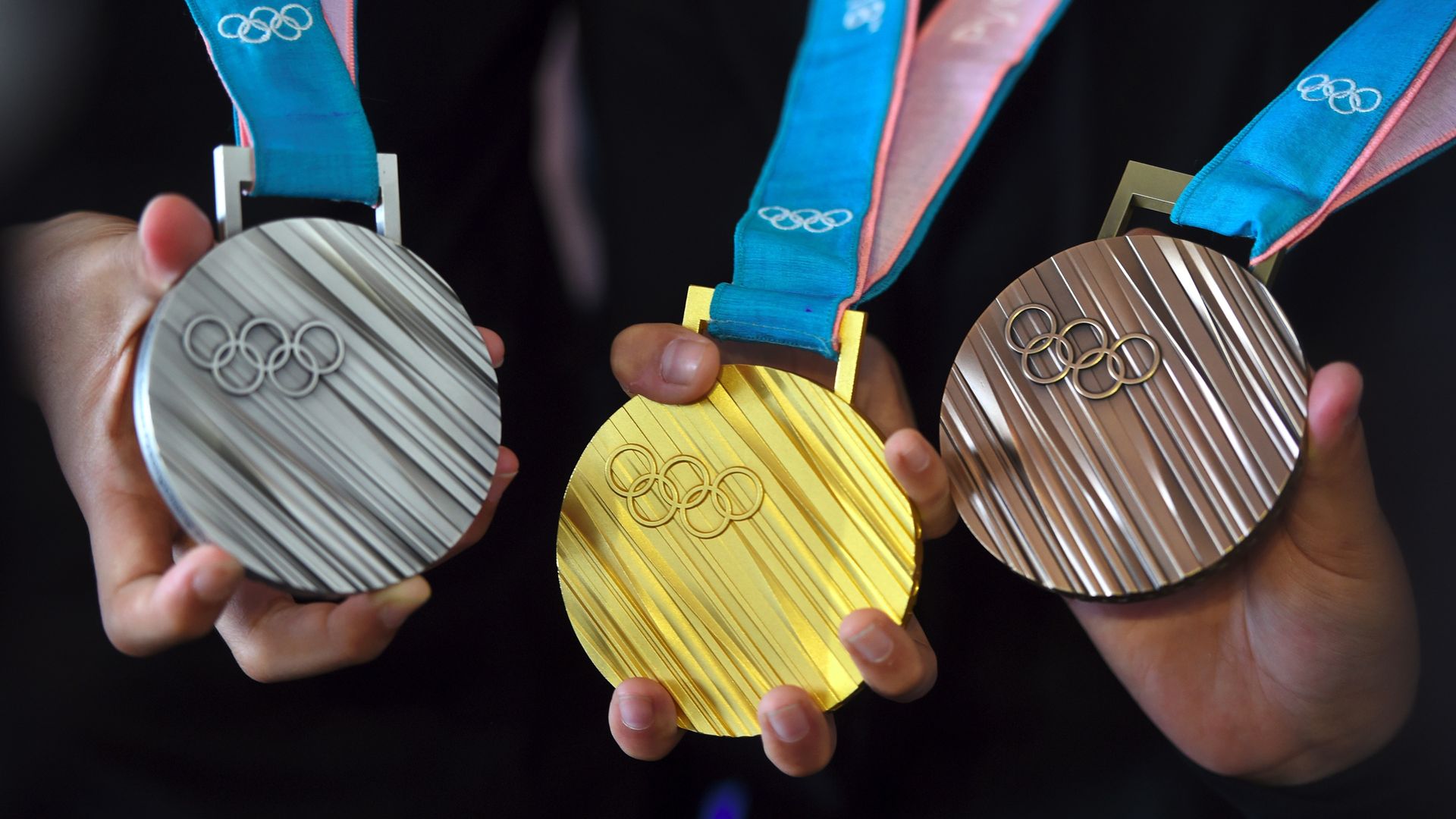 | | | The 2018 PyeongChang Olympic medals. Photo: Jung Yeon-Je/AFP via Getty Images | | | | The U.S. has won 305 Winter Olympics medals, the second most of any country. - Question: Which country ranks first?
- Hint: They rank just 25th in Summer Olympics medals.
Answer at the bottom. |     | | | | | | 7. Beijing 2022: Quick info | 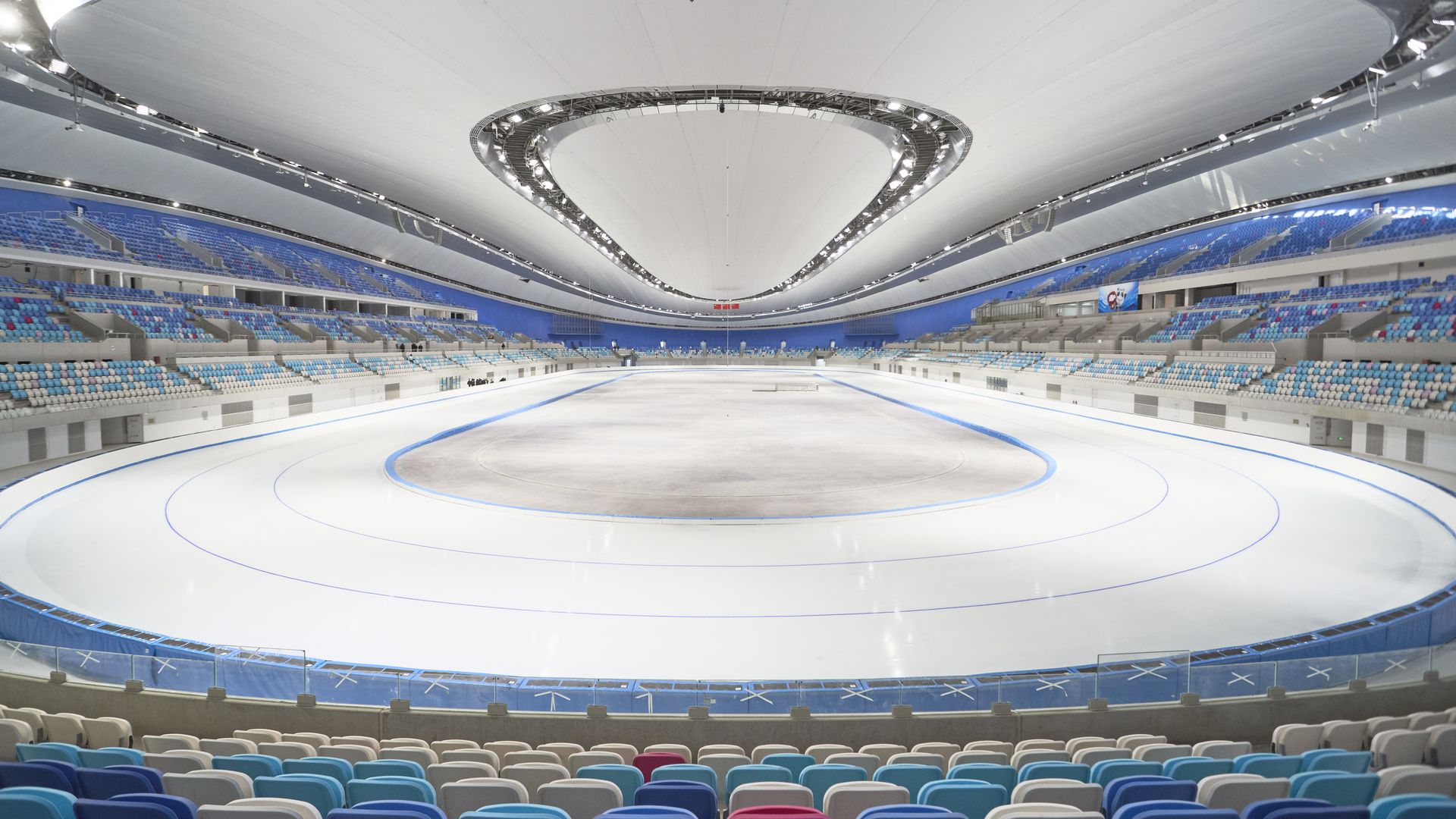 | | | The National Speed Skating Oval in Beijing, nicknamed the "Ice Ribbon." Photo: VCG via Getty Images | | | - Dates: Feb. 4–Feb. 20, 2022
- Venues: The opening and closing ceremonies will be held at the National "Bird's Nest" Stadium, the main venue used in 2008. Speed skating will take place at the new National Speed Skating Oval (above). See more venues.
- Events: 15 disciplines in seven sports: biathlon; bobsleigh (including skeleton); curling; ice hockey; luge; skating (figure, short track, speed); skiing (alpine, cross-country, freestyle, Nordic combined, ski jumping, snowboard).
- Competitors: This will be the most gender-balanced Winter Games ever, with the quota of women increasing from 41% in PyeongChang to over 45%.
🏒 Of note ... After an absence from the 2018 Winter Games, NHL players are expected to return in Beijing as part of an agreement reached between the league and its players' association. |     | | | | | | A message from Axios | | See how market forces shape the future of our cities | | |  | | | | Explore how market forces, technology and demographic trends are shaping the economic engines of our world with Axios Cities. Delivered weekly to your inbox. Subscribe for free | | | | Talk tomorrow, Kendall "Our illustration team is amazing" Baker Trivia answer: Norway (368 medals) | | Invite friends to follow Axios Sports Use your personal link to track how many readers you bring into the community  You currently have 00 referrals. Share with a friend For questions email referralsupport@axios.com. Participation in the Axios Sports Referral Program constitutes your acceptance of the Axios Terms and Conditions of Use, which can be viewed here. | | | | Axios thanks our partners for supporting our newsletters.
Sponsorship has no influence on editorial content. Axios, 3100 Clarendon Blvd, Suite 1300, Arlington VA 22201 | | | You received this email because you signed up for newsletters from Axios.
Change your preferences or unsubscribe here. | | | Was this email forwarded to you?
Sign up now to get Axios in your inbox. | | | | Follow Axios on social media:    | | | | | |






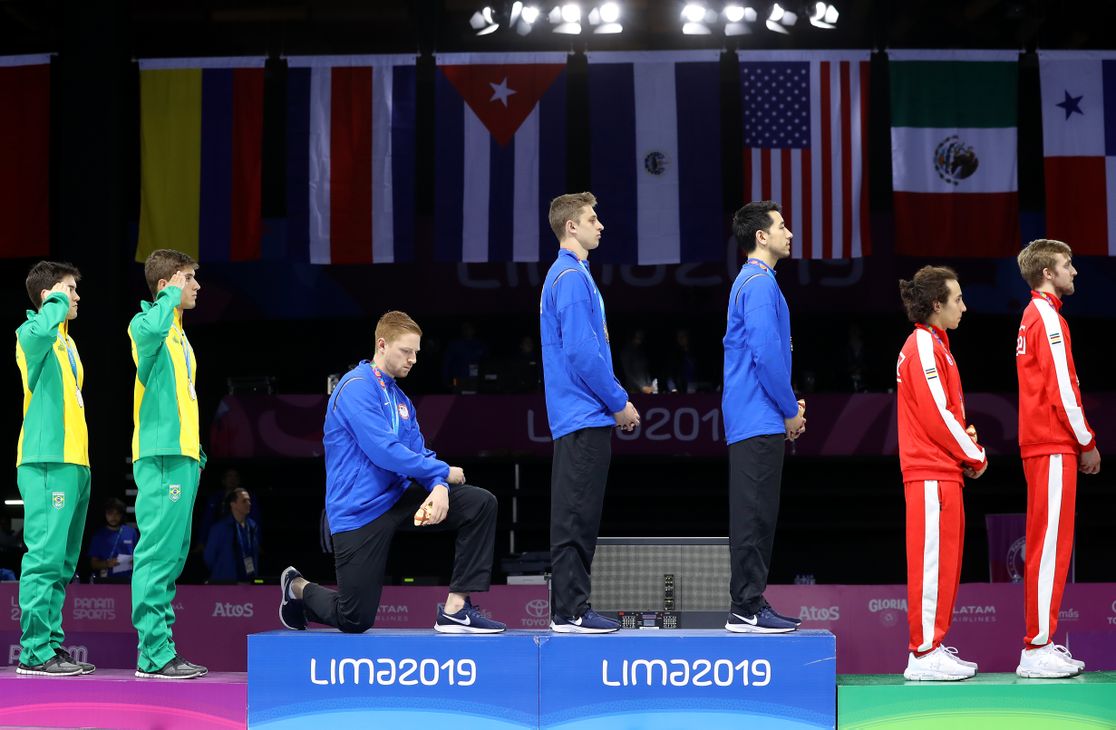
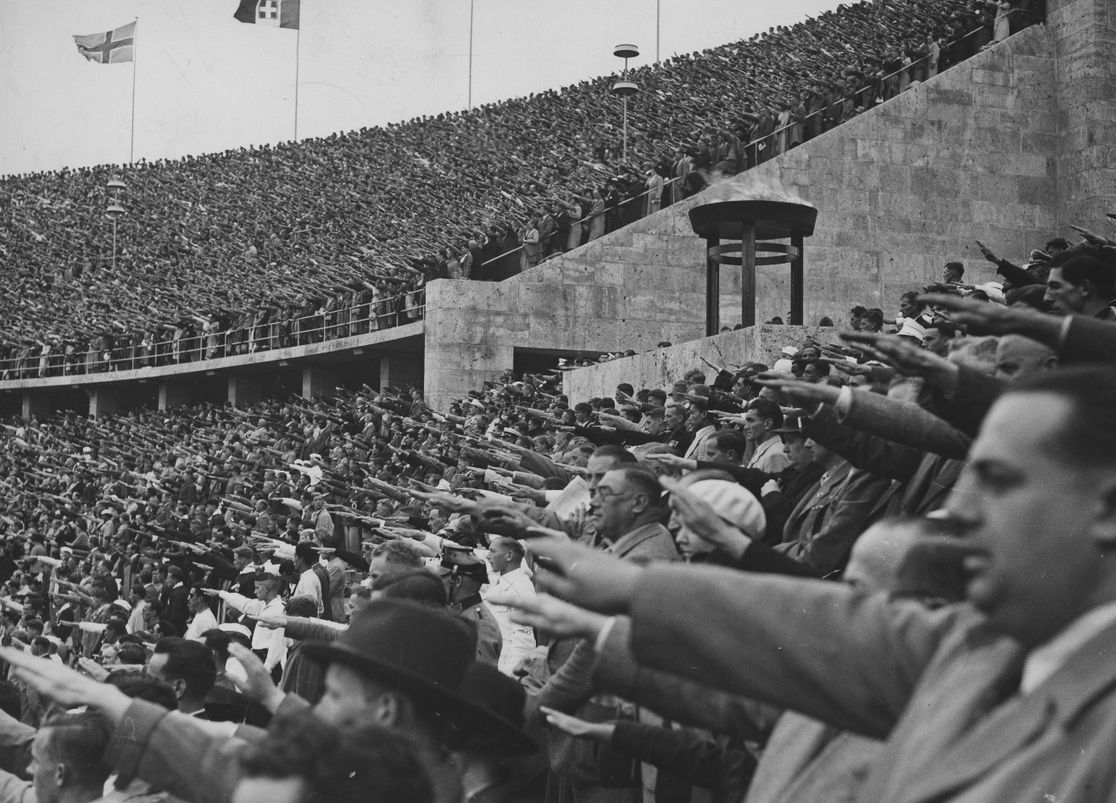
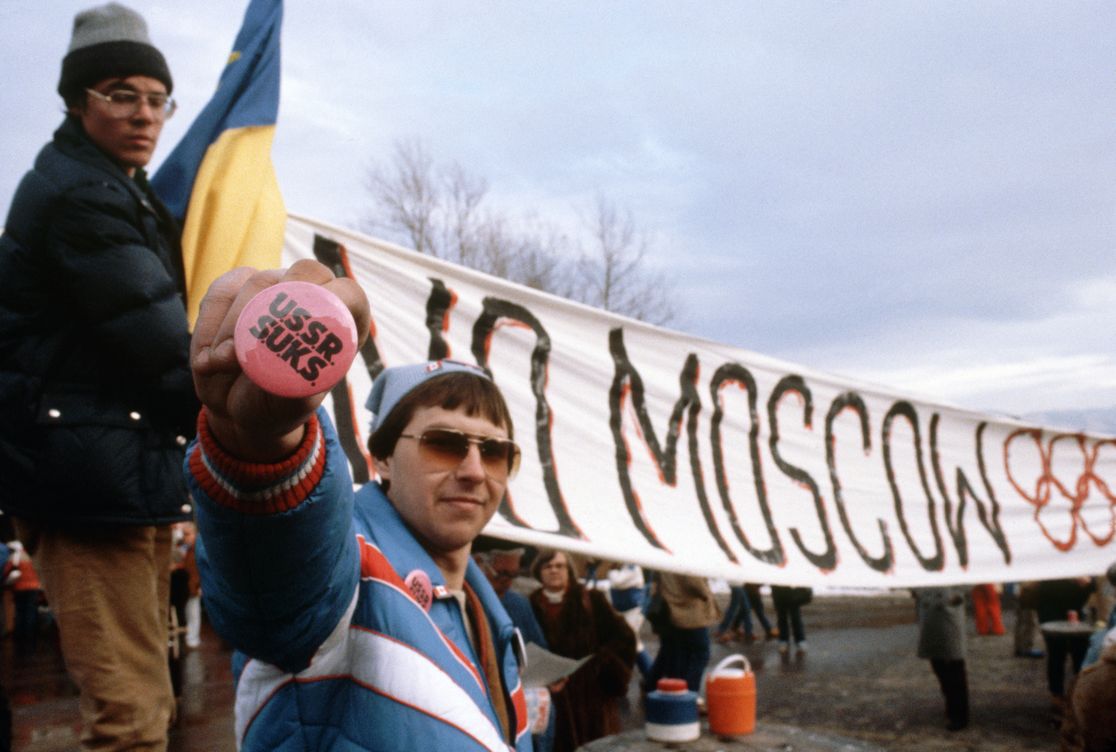





No comments:
Post a Comment